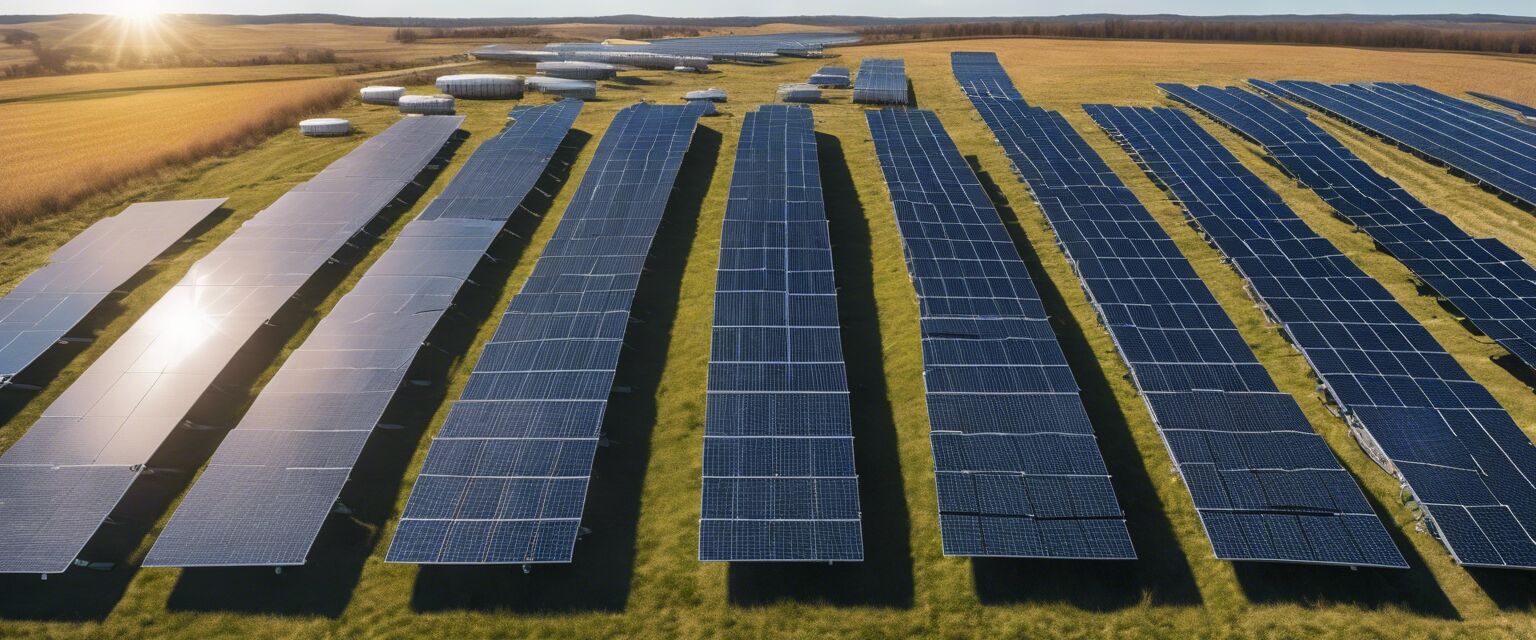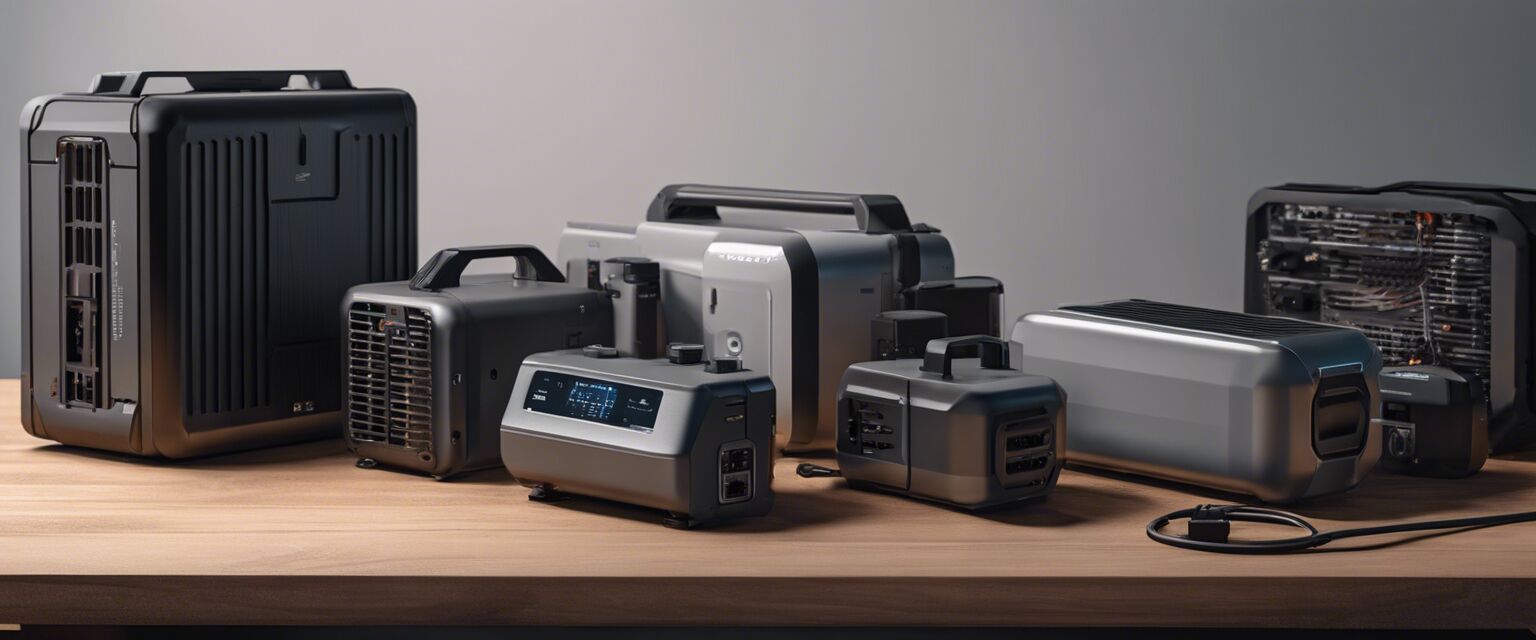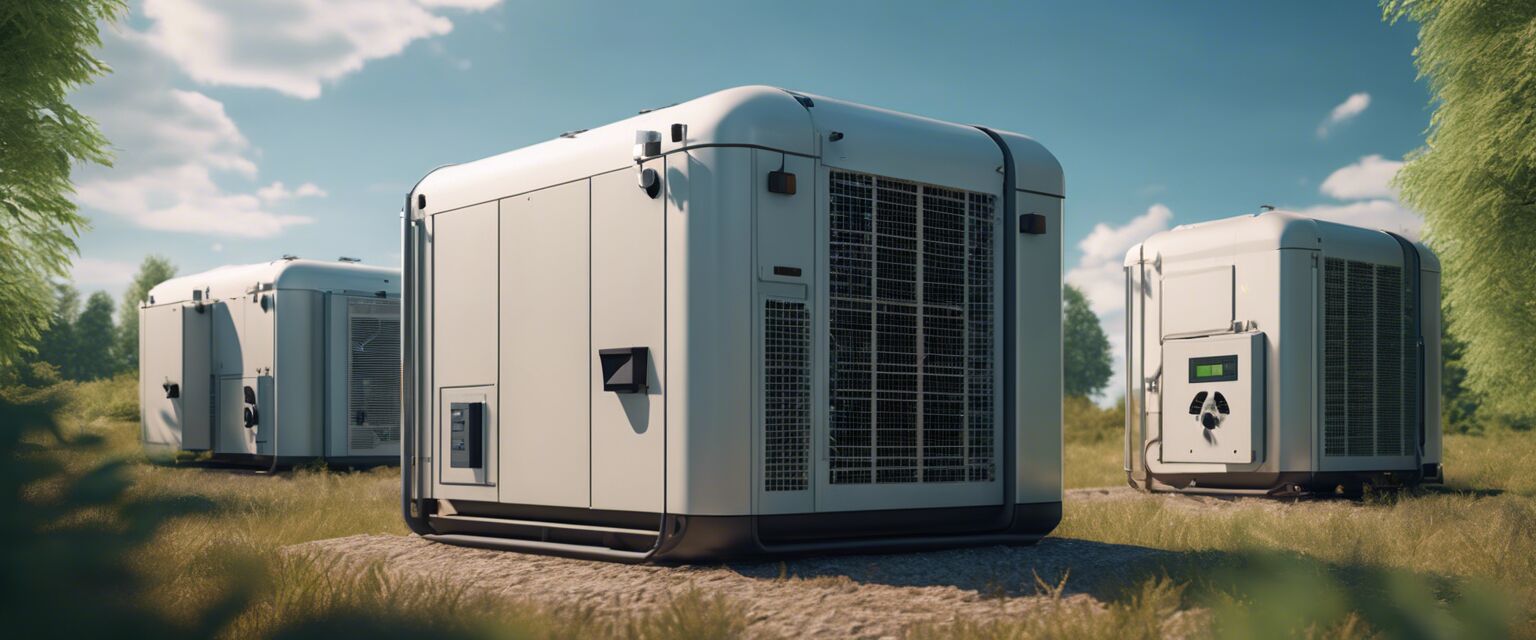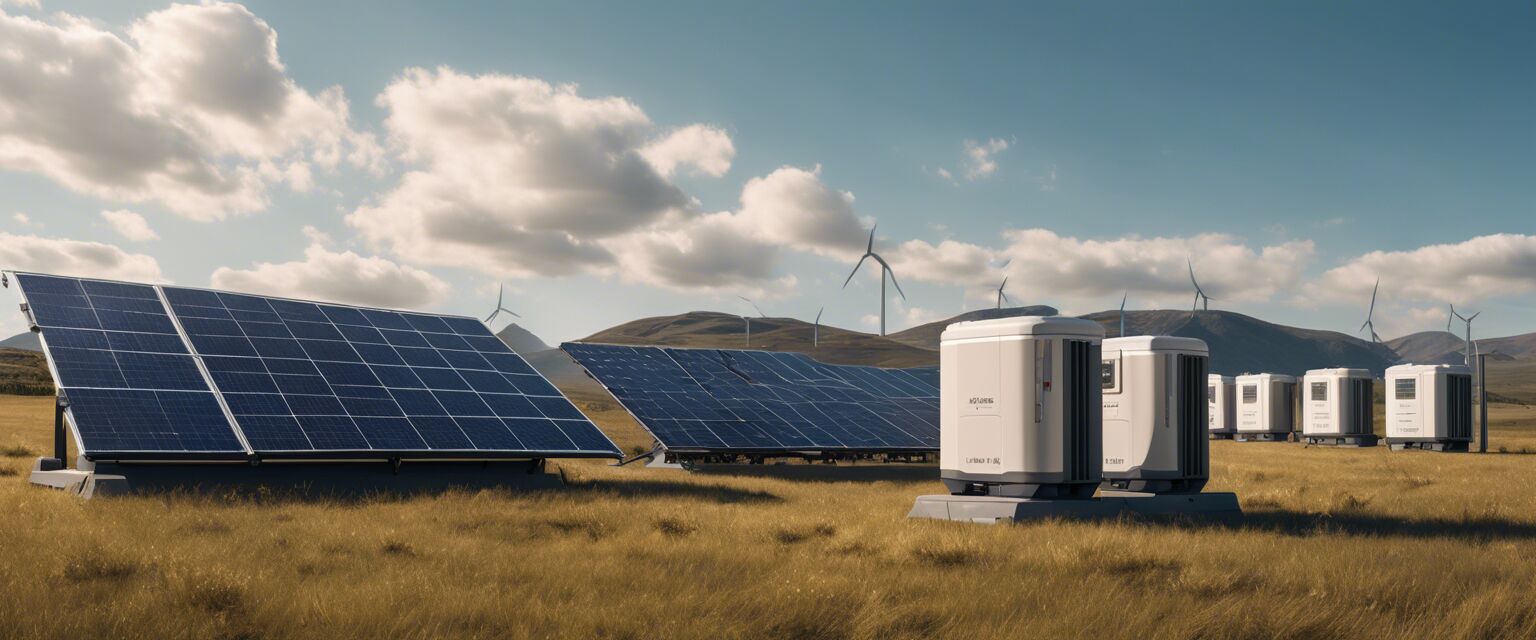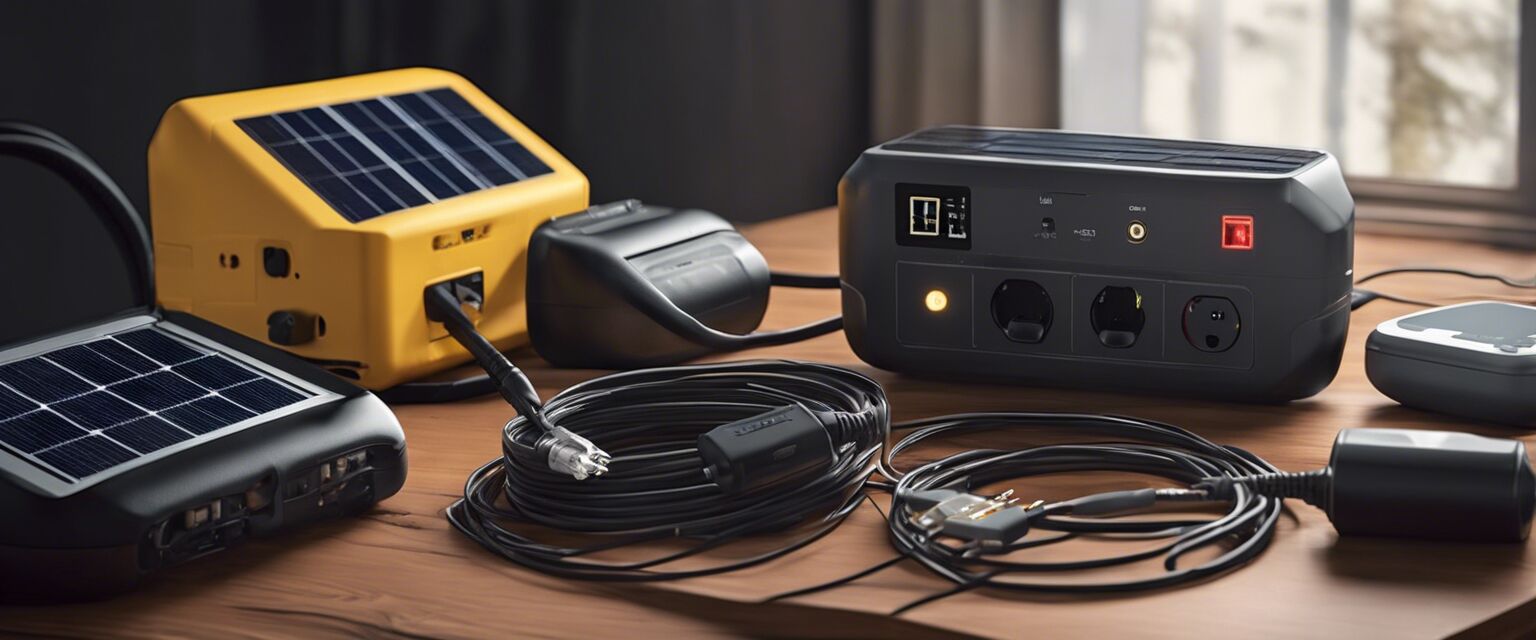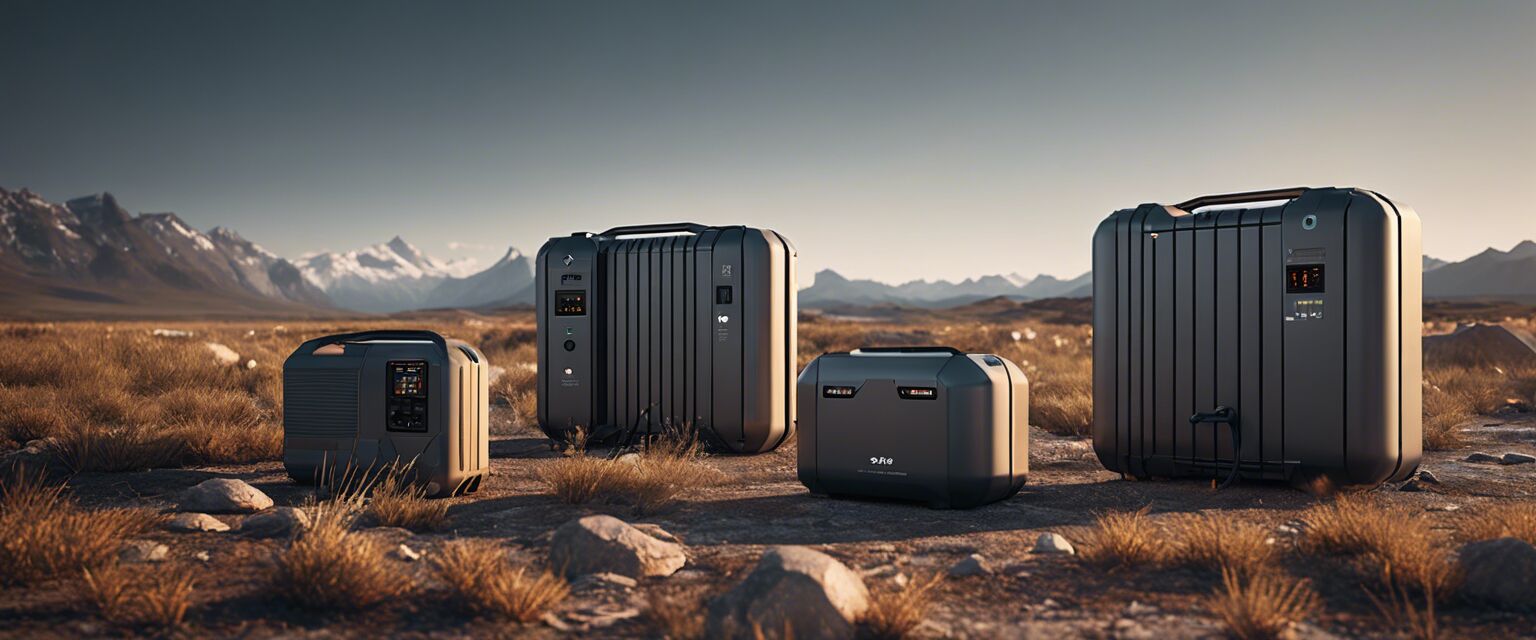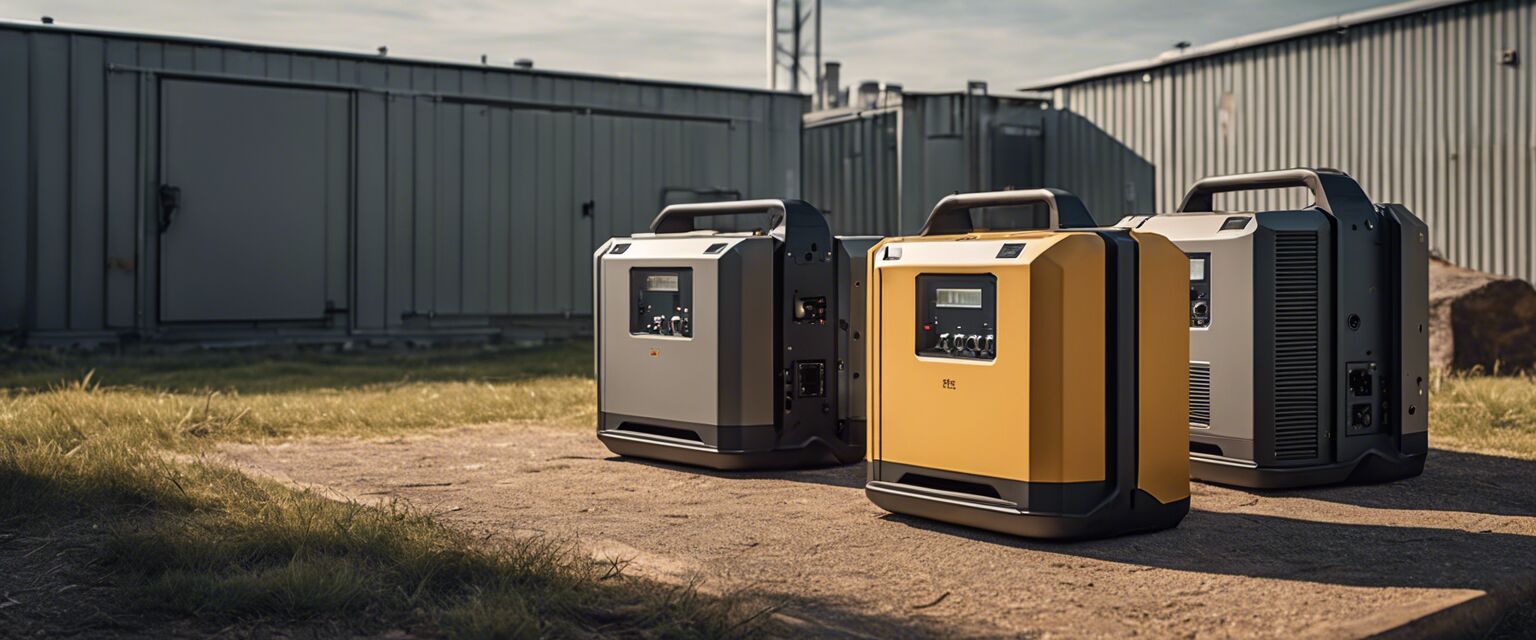
Best Portable Power Stations
Key Takeaways
- Portable power stations provide reliable off-grid power solutions.
- Different models cater to various needs, from compact to heavy-duty options.
- Understanding capacity, output, and features is essential for choosing the right unit.
- Many portable power stations are solar-compatible for eco-friendly charging.
- Consider weight and portability for outdoor adventures and travel.
Portable power stations are becoming increasingly popular due to their versatility and convenience. Whether you're camping, tailgating, or preparing for emergencies, these power solutions ensure you have reliable energy whenever and wherever you need it. This comprehensive guide will delve into the best portable power stations on the market, helping you make an informed decision.
What is a portable power station?
A portable power station is a versatile battery-powered device designed to store and provide electricity for various uses. Unlike traditional generators, they are quieter, cleaner, and often more portable, making them ideal for outdoor activities and emergency backup.
Benefits of using portable power stations
- Convenience: Easily transportable and ready to use when needed.
- Versatility: Can power multiple devices, from smartphones to small appliances.
- Eco-Friendly: Many models are solar-compatible, reducing reliance on fossil fuels.
- Safety: No emissions or noise, making them safer for indoor and outdoor use.
Types of Portable Power Stations
| Type | Features | Best For |
|---|---|---|
| Compact Power Stations | Lightweight, easy to carry, limited capacity | Smartphones, small devices |
| Emergency Backup Stations | Higher capacity, multiple outputs | Home backup power during outages |
| Heavy-Duty Power Stations | High capacity, multiple AC outlets | Powering larger appliances |
| Outdoor Adventure Stations | Rugged, weather-resistant, portable | Camping, outdoor events |
| Portable Charging Stations | Fast charging, USB outputs | Travel, mobile devices |
How to choose the best portable power station
Selecting the right portable power station can be challenging, but considering the following factors can simplify the process:
- Capacity: Measured in watt-hours (Wh), this indicates how much energy the station can store. Choose based on your power needs.
- Output Ports: Look for multiple output options, including AC outlets, USB ports, and DC ports for versatility.
- Weight and Portability: Consider how easily you can transport the unit, especially if you plan to carry it during outdoor activities.
- Charging Options: Many stations can be charged via AC, solar, or car outlets. Solar compatibility can enhance off-grid usability.
Comparison of popular portable power stations
| Model | Capacity (Wh) | AC Outputs | USB Outputs | Weight (lbs) | Price Range |
|---|---|---|---|---|---|
| Model A | 300 | 2 | 4 | 10 | $299 - $349 |
| Model B | 500 | 3 | 2 | 15 | $499 - $549 |
| Model C | 1000 | 4 | 3 | 30 | $799 - $849 |
| Model D | 1500 | 6 | 4 | 40 | $1099 - $1199 |
Tips for using portable power stations
Beginner's Section
- Always fully charge your power station before use.
- Check the compatibility of your devices with the power station outputs.
- Monitor the remaining battery level to avoid running out of power.
- Utilize solar charging options during extended outdoor activities.
Best practices for maintaining your portable power station
To ensure longevity and optimal performance, follow these maintenance tips:
- Store the unit in a cool, dry place to prevent overheating.
- Regularly check and clean the output ports to maintain connectivity.
- Charge the unit every 3-6 months, even if not in use, to keep the battery healthy.
- Avoid deep discharging the battery; recharge when it reaches around 20% capacity.
Conclusion
Portable power stations are essential tools for anyone seeking off-grid power solutions. By understanding the features, types, and best practices, you can make an informed choice that meets your specific needs. Whether for camping, emergencies, or travel, there's a portable power station out there for you.
Pros
- Versatile power options for various devices.
- Portable and easy to transport.
- Environmentally friendly with solar charging options.
- Quiet operation compared to gas generators.
Cons
- Higher upfront cost compared to traditional generators.
- Limited power output depending on the model.
- Some units require longer charging times.
For more insights on portable power stations, explore our compact power stations, emergency backup stations, heavy-duty power stations, outdoor adventure stations, and solar-compatible stations.

